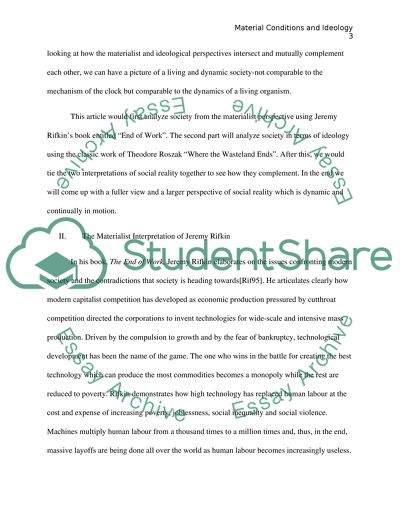Cite this document
(“The Dynamics of the Material and Ideological Conditions in Society Essay”, n.d.)
Retrieved from https://studentshare.org/sociology/1446075-material-and-ideological-perspectives
Retrieved from https://studentshare.org/sociology/1446075-material-and-ideological-perspectives
(The Dynamics of the Material and Ideological Conditions in Society Essay)
https://studentshare.org/sociology/1446075-material-and-ideological-perspectives.
https://studentshare.org/sociology/1446075-material-and-ideological-perspectives.
“The Dynamics of the Material and Ideological Conditions in Society Essay”, n.d. https://studentshare.org/sociology/1446075-material-and-ideological-perspectives.


